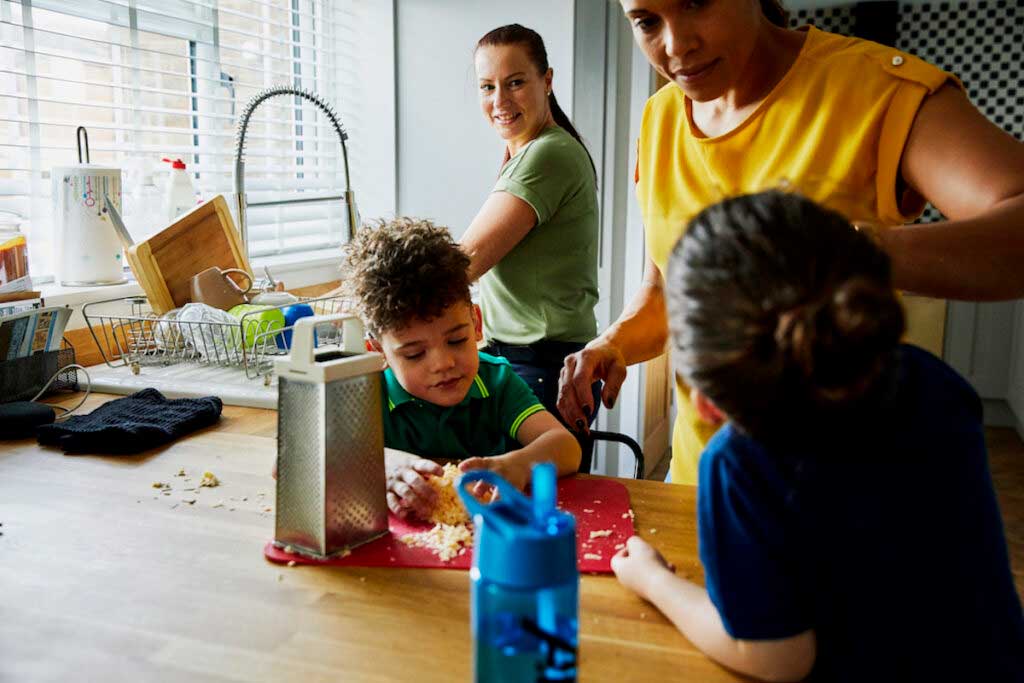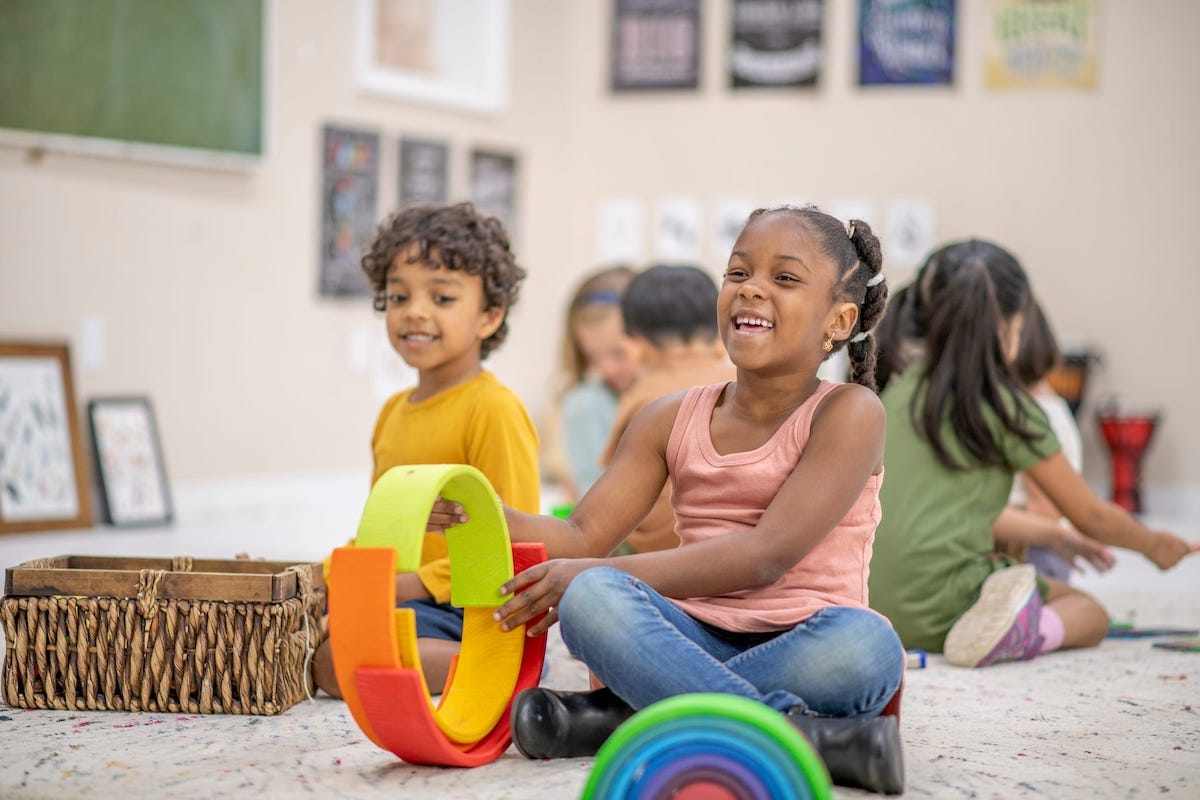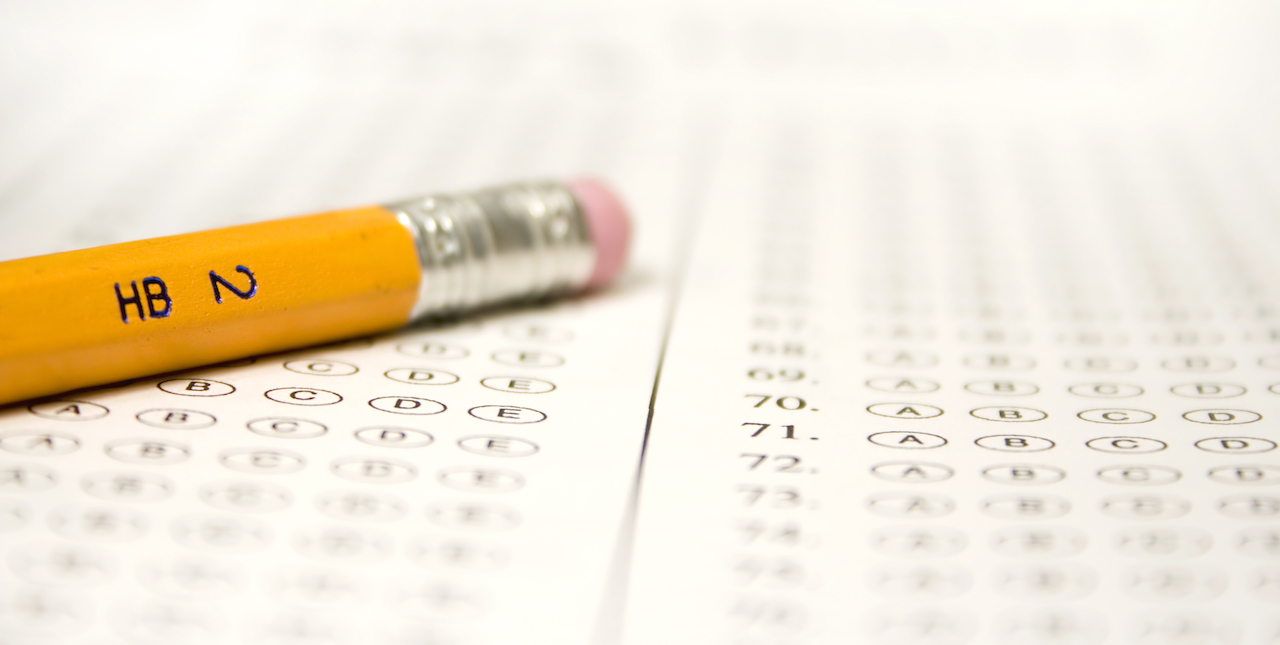Continuing with our theme of back-to-school week, today’s post deals with homework. Is it important? Or is it just a way to force parents to stay up late finishing their children’s Pilgrim dioramas and reliving our childhoods through Model Magic clay? What does the data say?
This post is an adapted excerpt from The Family Firm. If you like it, please consider checking out the whole book. It’s got more information on homework (including the possible value of out-of-school homework), the reasons to do extracurriculars, the thought process behind holding kids back from kindergarten, and more.
Homework: The backstory
American attitudes toward homework have ebbed and flowed over time. In the early part of the 20th century, homework was thought to be an important part of learning. By the 1940s, it was falling out of favor as unnecessary. Then the 1950s brought Sputnik, and a feeling of losing to Russia, and a ramping back up of homework. This declined again in the 1960s and 1970s, only to return in the 1980s with a general realization that test performance in the U.S. was falling behind that of much of the rest of the world. It is notable that many of these changes over time are not driven by some exciting new research finding or realization, but a reaction to global competition.
Are we currently in a pro- or anti-homework time period? I’d say it’s a bit complicated. On one hand, there seem to be more extra-school enrichment options than ever (Kumon, Russian School of Mathematics, etc.). On the other hand, some more “progressive” schools are now consciously moving to a no-homework policy.
These are not obviously in conflict. You could want to avoid a school that assigns homework on the principle that you want more control over the out-of-school work your children do. But it all combines to paint a nuanced picture of the current social moment.
Putting the social moment aside, though, we can ask the more basic question: What does the data say about the benefits (or not) of homework?
Homework: What does the data say?
There is a huge and highly contentious body of literature on the question of homework. There are defenders of homework, writing articles with titles like “A Teacher’s Defense of Homework.” And there are enthusiastic haters, books like The Homework Myth: Why Our Kids Get Too Much of a Bad Thing.
On the pro-homework side, there are a few key points. First, homework may reinforce in-school learning. Second, more complicated homework assignments may push kids to develop problem-solving skills on their own that are harder to teach in a classroom context. Third, homework may encourage the development of non-cognitive skills by requiring students to be organized, and remember to do and return their homework to school.
On the anti-homework side, we see arguments that student time is being wasted in piles of busywork, that homework is taking away time from free and imaginative play or time with family. Or possibly sleep. Homework may make students hate school and resent learning. And it may be unfair if it favors higher-income students whose parents have time to help.
It is very hard to evaluate these questions. Both sides have plausible arguments, and many of the outcomes they care about — non-cognitive skills, love of learning — are difficult to measure. Moreover, the benefits or costs of homework may vary across children. A child with better-developed executive functioning skills may benefit less.
The one thing we can study is whether homework improves performance in school or on standardized tests. But even this is hard. Classrooms that assign homework may be different from those that do not. At the student level, students who do more homework may be either more serious about school or struggling more. Teasing out causality is hard.
Our best bet for these questions is a randomized controlled trial. Some exist, though they tend to be small. For example, one study from the 1990s started with four fifth-grade classrooms and assigned two to a “homework” condition and two to “no homework.” The authors found that the students in the homework condition had higher test scores later, although with only four classrooms in the study, it is challenging to draw strong statistical conclusions.
The limits on the homework evidence make it difficult to be confident in any particular lessons. However, combing through two big reviews, we find the evidence consistently points to homework having a positive effect on school performance. The effect sizes are generally moderate, though, and they are much larger for older kids than younger ones.
The studies focus on the binary homework-or-not choice. A related question is: How much homework is enough? Homework amounts seem to have gone up over time. Some data shows an increase in homework for kids ages 6 to 8 from an average of 52 minutes a week in 1981 to 128 minutes by 1997.
There is even less evidence on this amount-of-homework question. The answer presumably depends on what students are doing. A homework assignment of keeping a reading log is different from completing workbook pages; both may be good, but they aren’t the same. There are some “best practices” in homework — it should be productive and integrated with the school curriculum, for example — but it isn’t clear that everyone follows these (in fact, they surely do not).
The somewhat scattered nature of this discussion reflects, I think, the character of the debate. A thoughtfully designed homework program probably could enhance learning for many or most kids. But whether there are downsides — and if they are avoidable — is less clear.
I will add one thing here. Sleep is important for kids. If there is one big data takeaway in The Family Firm, it is that finding. Kids who are sleepy during the day are less able to learn and focus, and they have more behavioral issues. If homework amounts are so onerous for young kids that they are getting in the way of sleep, that is likely a time to try to step in and see if changes can be made.
















